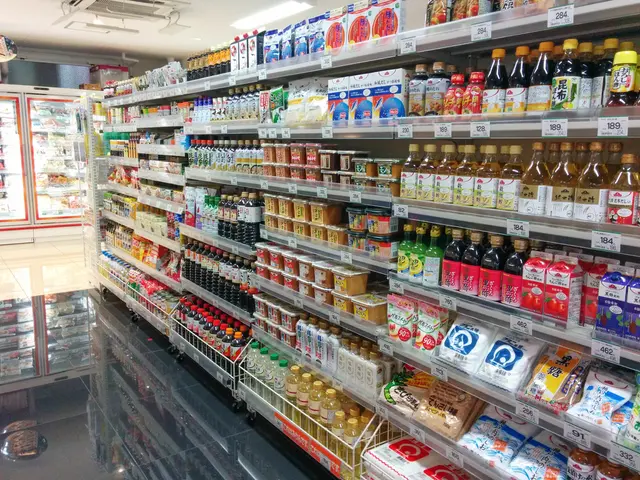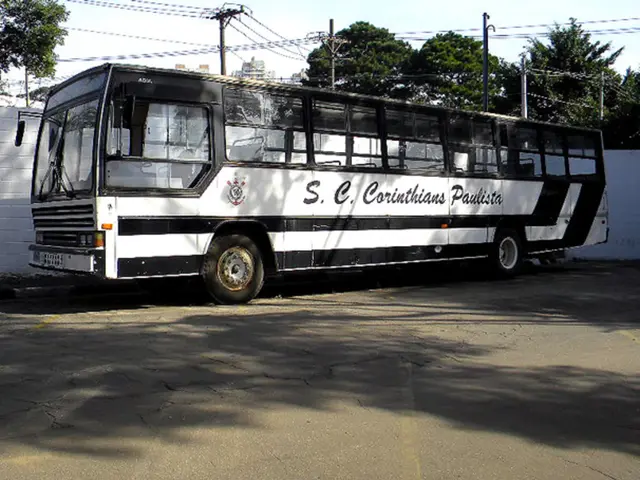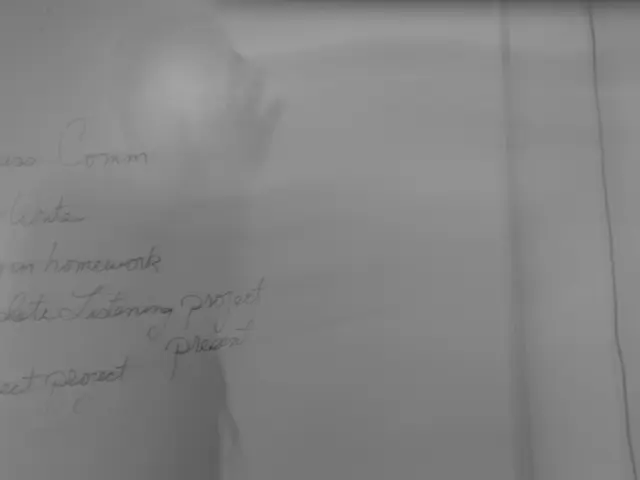You Gotta Pitch In, Tourists: Hawaii's New Environmental Tax Coming Your Way
"Boosting Revenues to Tackle Climate Change Challenges: Hawaii Increases Hotel Tax"
Hawaii is shaking things up in the world of tourism, working on implementing a tax hike targeting visitors staying in hotels, vacation rentals, and other short-term accommodations. The funds from this new tax will be allocated toward environmental protection programs in a bid to combat climate change.
In an innovative move, state leaders have set their sights on using the fresh revenue for projects such as rejuvenating beaches, installing hurricane clips for homeowners, and removing invasive species like the ones that fueled the devastating wildfire in Lahaina two years ago.
Starting January 1, 2026, the daily room rate tax will increase by 0.75%, making it all but certain to pass given the Democratic majority in both chambers of the state legislature. Governor Josh Green has announced that he will sign the bill into law.
Estimates suggest the increase will generate around $100 million (€88.4 million) annually.
The hike to the so-called "tourist tax" will add to the existing 10.25% tax on daily room rates, bringing it to 11%. Additionally, each county adds a 3% surcharge, and the state and counties combine for a 4.712% general excise tax on goods and services, including hotel rooms. When all of this is tallied up, the total tax rate almost reaches 19%.
Only Omaha, Nebraska, (20.5%) and Cincinnati (19.3%) boast higher cumulative state and local lodging tax rates in the U.S., according to a 2024 report by HVS, a global hospitality consulting firm.
Governor Green believes that tourists will be willing to pay the increased tax because it allows Hawaii to maintain pristine beaches and preserve beloved tourist spots like Maui's road to Hana and Oahu's North Shore. After the Lahaina wildfire, Green reported receiving an outpouring of support from people asking how they could help. This, he says, is a significant way to do just that.
The hotel industry has mixed feelings about the tax hike, but they are happy lawmakers didn't opt for a higher increase as initially proposed. Jerry Gibson, president of the Hawaii Hotel Alliance, agrees that money is needed, but he hopes the funds will genuinely improve Hawaii's environment.
Boosting the lodging tax is a compromise solution made more urgent by the Maui wildfires, given that Hawaii has long struggled to secure funding for its vast environmental and conservation needs. From preserving coral reefs to weeding out invasive plants and ensuring tourists don't harass wildlife, there's plenty of work to be done.
Two years ago, lawmakers considered a fee for tourists to enter the state, but this idea was deemed unconstitutional. The alternative is a tax increase that, while not filling the entire conservation funding gap, will undoubtedly make a difference, according to Kāwika Riley, a member of the governor's Climate Advisory Team. Riley thinks of this tax as an expression of the Hawaiian saying, "A stranger only for a day." In essence, it encourages visitors to lend a hand in the protection of Hawaii's cherished natural wonders.
Tax Structure Overview
The new tax structure for tourists in Hawaii consists of:
- State transient accommodations tax (TAT): boosting from 10.25% to 11%
- County surcharges: 3% added by each county
- Combined general excise tax (GET): 4.712% from the state and counties
Total tax rate:[11\%\ (\text{TAT}) + 3\%\ (\text{county}) + 4.712\%\ (\text{GET}) = 18.712\%]This boost brings the total tax burden on hotel stays close to 19%.
Sources:
- Hawaii News Now: Hawaii lawmakers to vote on lodging tax increase for environmental protection programs
- Hawaii Tourism Authority: Transient Accommodations Tax (TAT)
- Hawaii Department of Taxation: General Excise and Use Tax
- Hawaii's new tax structure, implemented to fund environmental protection programs, will see the state transient accommodations tax (TAT) rise from 10.25% to 11%.
- The total tax rate on hotel stays in Hawaii, including county surcharges and the combined general excise tax (GET), will almost reach 19%.
- Governor Josh Green, commenting on the new tax, believes tourists will be willing to pay the increase as it supports the preservation of pristine beaches and beloved tourist spots, such as Maui's road to Hana and Oahu's North Shore.
- In a move to encourage visitors to lend a hand in protecting Hawaii's natural wonders, the increased lodging tax is seen by Kāwika Riley, a member of the governor's Climate Advisory Team, as an embodiment of the Hawaiian saying, "A stranger only for a day."





